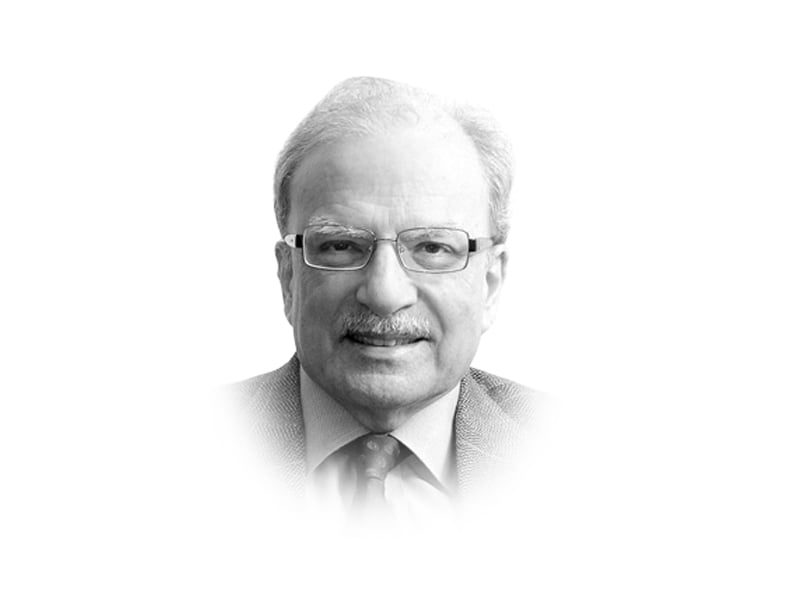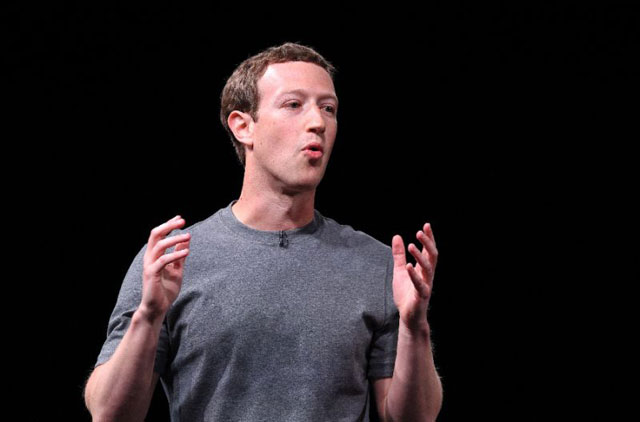
The second issue that could become a possible source of global conflict or conflicts among different sets of nations is international trade. It took half a century to establish the World Trade Organisation (WTO). Created in 1995 by an agreement reached in Marakesh, the WTO was pronounced almost dead in an international gathering of world trade ministers in Nairobi in 2015. Some of the major trading nations have moved to develop regional arrangements for conducting exchanges of goods, commodities and services. The Trans-Pacific Partnership (TPP) agreement among 12 nations led by the United States was signed in New Zealand in late 2015. The TPP will not only determine the way these countries conduct trade but it will also profoundly affect the processes of productions of what gets to be traded.
The third issue is related to demographic changes that are underway. One of the more important of these is the sharp decline in the rates of human fertility in all developed countries. Where such declines are not compensated by in-migration, as is the case in the United States, the result is the rapid aging of populations. Germany, which until recently was not prepared to dilute the “Germanness” of its population, has the world’s oldest population with the median age of 47 years. Such a population cannot remain economically or technologically dynamic. It also burdens the state as aging populations need to be looked after. This asymmetry in age profiles produces pressures for people’s movements that are hard to resist in the modern world. That is the case, especially when large segments of the population are faced with extreme distress. This is happening in war-ravaged Syria.
Another issue that has already produced conflict among different people is what is commonly referred to as “Islamic extremism”. These are the people who, in several parts of the Muslim world, don’t accept the notion of liberal democratic governance. They are prepared to use force — often extreme and brutal force — to convince the followers of their faith to adopt the system of governance they believe is Islamic. These sets of beliefs have already produced two state-manifestations. The first one was in the late 1990s in Afghanistan when a group that called itself the Taliban established an “Islamic state” that lasted for five years. It was removed in December 2001, when America intervened militarily and removed the regime from Kabul. Fourteen years later, the Americans are still in Afghanistan and the Taliban seem to be gaining more territory. There is no end in sight to this conflict. The Islamic State (IS) in Iraq and Syria is the second manifestation of the claim to statehood by those who believe in this cause. The IS is proving to be as resilient as the Taliban.
The final issue is that of technological development. There is a strong belief among many that some of the serious problems the world faces today can be solved by technological means. The advances made in the areas of renewable energy are some of the examples of the way technology can come to mankind’s rescue. Another is the work being done in space exploration that may lead to the mining of asteroids of depleting metals in the Earth. Technology is an “issue” because it is not clear who should lead the efforts in this area and what should be done to mitigate the likely worsening of income inequality that may result from technological advance.
Published in The Express Tribune, February 29th, 2016.
Like Opinion & Editorial on Facebook, follow @ETOpEd on Twitter to receive all updates on all our daily pieces.


















COMMENTS (1)
Comments are moderated and generally will be posted if they are on-topic and not abusive.
For more information, please see our Comments FAQ